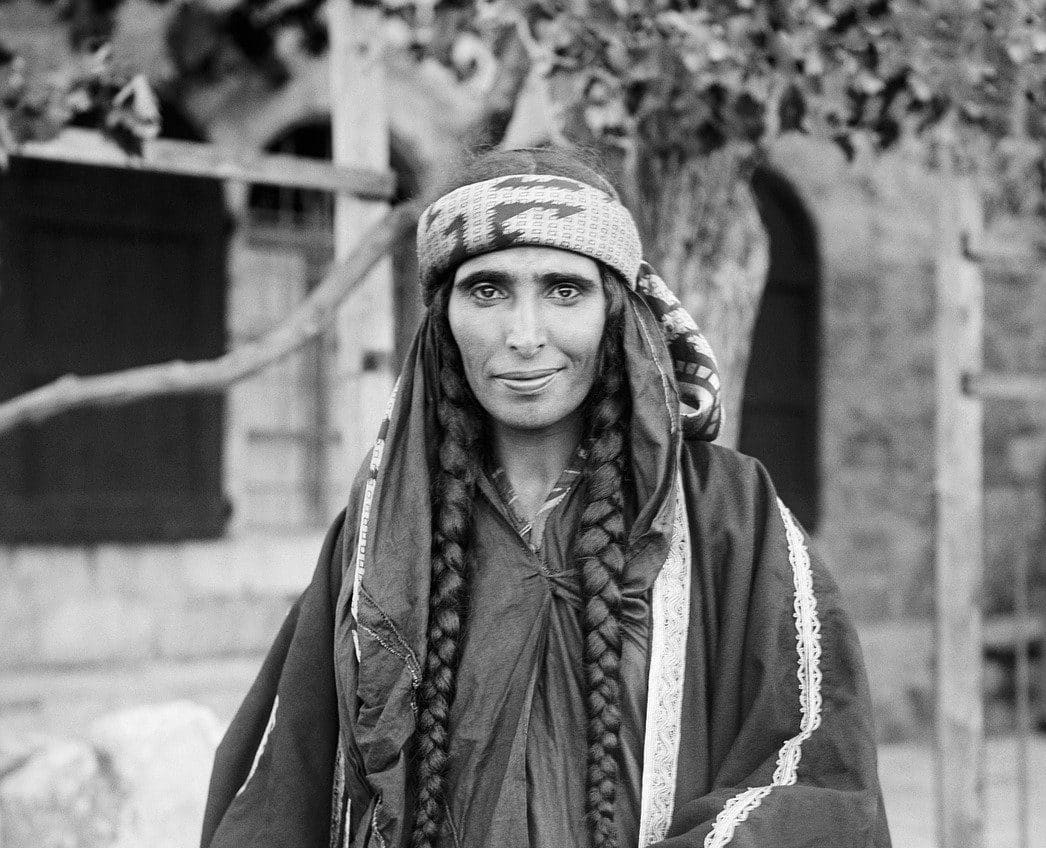The institutions of marriage and family with ethnicity as a sider have led to years of undocumented, and illegal prevalence of polygamous marriages across Bedouin community of Israel. The Bedouins have traditionally been a Muslim community from the Arab world finding their base across countries like Israel, Egypt, Jordan and some areas under Palestine. Israel hosts approximately 250,000 Bedouin citizens who reside in the in the Negev desert. As per the government data, 20 percent of Bedouin families are based on a polygamous family structure. However civil society and women’s rights activists estimate the figure to be double of which older men represent 60 percent of such a setup.
Polygamy and Israeli Government
Polygamous marriage is a practice wherein a man is allowed, and expected, to have more than one wife or partner. They have been practiced across regions such as India along with South Asian countries and Gulf region. The practice has become obsolete in most parts of the world owing to marriage acts and protection of women’s rights. In most countries such as Israel since 1997, polygamy has been banned as an institution and punishment has been put in place for convictions.
The Israeli government has acknowledged the existence of these practices, has institutionally banned them. However, it stays away from convictions or making any real fundamental changes to the community’s marriage practices due to their ethnicity and polygamy being regarded as an “internal matter”. Bedouin men in the community get away with the practice since legally they only register one marriage. This leads to the assumption that most Bedouin women are single and rear children thus boasting of a large population of single mothers. The narrative is twisted for it is not their choice but a practice which berates them of their rights, dignity and has left many malnourished and un-cared for. In addition it also makes it difficult to track wives and marriages.
In 2017, Israel passed a plan which was aimed to improve the socio-economic status of Bedouin community. A part of the $825 million plan was dedicated to eradicate polygamy altogether. The committee was headed by Justice Ministry Director General Emi Palmor who conducted extensive fieldwork with Bedouin women in order to grasp the issue in its entirety. Her field visit revealed the multiple ways in which polygamy hurts women and children born out of such institutions. Polygamy reports high rates of domestic abuse, sexual assault, depression, malnourishment among children and poverty. This cycle is socially reproduced thus increasing in scale the prevalence of this practice alongside deprivation and violence.
However, in November 2020, a court in Israel convicted an unnamed man for polygamous marriage marking the first ever instance which has been hailed as a positive step in this direction.
Politically dubious?
Despite a consensus among most social and women rights activists, polygamy as a practice has the formal support of Islam and informal support of Israeli government. The motives behind Israel banning the practice are seen as being motivated by anti-Muslim and Arabic sentiments since there have been reports of polygamy being promoted among Jews in order to increase their population.
Another twist with the issue is seen among the Bedouin women. The name of Amal Abo Alqom has become synonymous with women rights and socio-economic empowerment among Bedouin women. She heads the organization “Women for Themselves” and is involved in educating, uplifting and making women financially independent. Her joining Ya’alon’s Telem in January 2021 cropped up debates surrounding her views about polygamy. In her opinion it is not the institution which causes the socio-economic abuse and therefore the remedy lies in eradicating poverty, violence and malnourishment. She sides that polygamy has been allowed by the Quran and for that purpose there is no will to question it. However, she noted that naturally women like to be single wives.



















